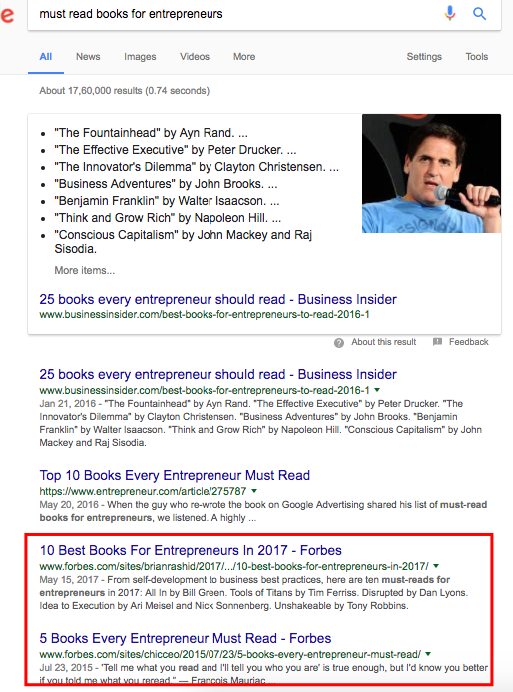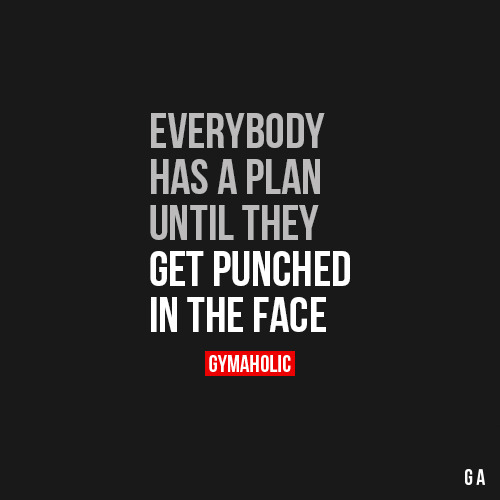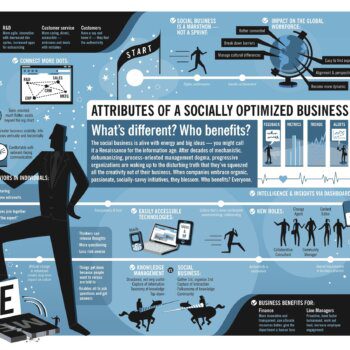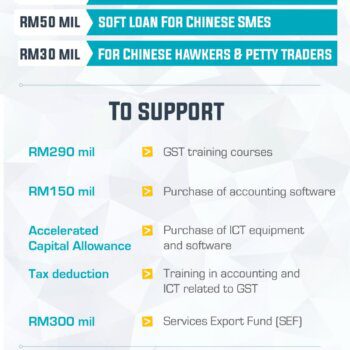First of all, let us take a moment to get over the hypocrisy and irony behind me writing this story. I am asking you to stop doing something, and I hope to communicate that to you by doing the very thing I want you to stop doing. Just thinking about it makes my head explode.
Moving on.
TOO MUCH INFORMATION
No matter what you are looking for, you can be sure of coming across an overload of material — way more than required.
Whether you are looking for tips on digital marketing, email marketing, influencer outreach, social media, building a twitter bot — for anything and everything, there is a flood of information out there.

This is just one of the search terms I tried out. More than 1.75 million results, with two separate articles by one publication itself in the top 4 results.
There are thousands of free courses available on Udemy for topics related to startups and businesses (along with a much larger number of paid courses). And I am assuming so would be the case for other systems like Coursera etc. This is just too much information.
IT IS NOT A MUST READ
Get over FOMO (your ‘fear of missing out’).
Six years back, CNN cited the Kauffman foundation’s study that more than 565,000 new businesses had sprung up in the US alone in 2010. That’s almost 20,000 new businesses cropping up every day — in one country. Granted, US is the home to most tech startups we hear about every day, but we are talking about businesses of all shapes and colors here. So, if we had to estimate the global numbers today, I would be assuming that it would fall somewhere in the mid — high five figures. That is the number of new businesses that are springing up every day. The number of people behind these businesses, and the number of people who are still contemplating the decision to start one stands taller.
Another fact is the tough odds businesses face. Most of them would fail. So it is natural that they want to avoid that outcome. Following the footsteps of people who have made a name for themselves would seem like a good idea. And that is how this whole frenzy behind the “must read list” started — with columnists asking successful businessmen on what books would they recommend to fellow pilgrims.
NEWS FLASH : The secret to their success would not be found in any book, nor will you be able to replicate it by reading the books that they love, respect, love and take inspiration from.
STOP READING AND GET TO THE JOB AT HAND
You only have 24 hours in a day, and a limited number of days left in your lifetime. You can choose to spend all that reading and ‘learning’ from stuff that may or may not ever be applicable to you, or you can get in the mud and start learning the way it is supposed to be learnt. By getting your hands dirty.
You can research all you want on how to be the best damn swimmer, but the second you hit the water, you would be gasping for breath. That’s the way things are, you simply can’t escape that.
I went ice skating. For the first time. At the age of 30. Walked around for 2 hours. Fell a couple of times. That evening I researched the fuck out of iceskating on youtube. Stance, techniques, momentum, center of gravity, and what not. And the next day, as soon as the rink was open I was there again — ready to fall on my ass again and again. It took a few days, but now I can glide.
I am not yet ready to take it up as a professional sport, but that was never the goal. I just didn’t like getting bested by frozen water.
LEARNING IS THE NEW PROCRASTINATING
One of the reasons we keep on researching as much as we possibly can is FEAR. We are afraid of failure. We don’t want to fall flat on our asses, get laughed at and ridiculed. So we try to be as much prepared as we possibly can. Learning about the best practices, reading up on success stories, recounts of failures and what not.

We feel they prepare us better for what’s about to come.
Do you feel that way?
Because if you do, I want to remember this quote by Mike Tyson.
All your research, all your ‘excuses of waiting bit longer’ is just doing one thing. Delaying the inevitable. You will get punched, you will fall down, you will face setbacks.
Your failures, your setbacks don’t define you. What you do next is the only thing that counts.
IS IT WORTH THE TIME?
Always ask yourself this question — “Is it worth the time I’ll spend on reading which I could have spent on actually building the business?”
More often than not, it won’t be.
Moreover, there are two ways people will look at things. Let me give you my favorite example — Dropbox deploying its famous referral marketing.
Now you can read all about it and may think “Whoa. Referral marketing really works. I do this and I will never need to do anything else.”
You’ll be wrong.
Or, you can be smart and have the following takeaways from that whole story:
- Dropbox had no choice but shut down all digital ads because the CAC was way higher than the estimated LTV. Would not have made business sense. Storage space was cheap. Hence, referral. Always use data and its correct interpretation to drive decisions.
- In hindsight, things make perfect sense. That’s the beauty of the best marketing campaigns. They were simple. But you can’t really know in advance if it will work or not. What you can do, however, is offer some real value to your audience. Something that makes sense. Not because this is something Unicorn X did.
- Answer these two questions : (1) Why would dropbox give X mb of free space on each referral instead of giving $10 off on a billing plan? (2) Why would a consumer prefer X mb more space in comparison to $10 off?
There is always a right way to look at things. If you are gonna read, do it the right way.
SO, SHOULD YOU NOT READ?
Don’t be absurd. Read as much as you can. Not just about businesses or things related to your work. Read as a general way of life. Any quality literature that you can get your hands on, don’t pass up the opportunity to learn something new.
Knowledge is a beautiful thing. It exercises your brain, widens your horizons and makes you a better person as you put down the book to pick up another.
BUT
When it comes to your business readings, read with an objective. And read to gather the gist, the macro level stuff, along with the basics. Skim through the finer details. Don’t overlook them, but don’t get hung up on them either.
WHY?
- In all probability, you would need to form your own micro strategies. What worked for someone else may not work for you.
- Going over macros helps you chalk out a rough roadmap. An action plan. Which you can fill in with details pertaining to your business.
- Don’t ignore what they did. You may learn a thing or two. It may inspire you. Take inspiration, understand the subtleties behind it. Do not — I repeat, do not — take it to heart. Just understand what they did and why, and if you were to do the same thing in your business why or why not would it be a good idea.
When you are reading with an intent, you know what is it that you are looking for, so you are more focused in your research. And since you are learning on the job, you are always pressed for time, deadlines to meet. So you would be more result driven than waste time on idle readings.
________________________________________________________
About the Author
This article was written by Abhishek Anand. Contact.





























